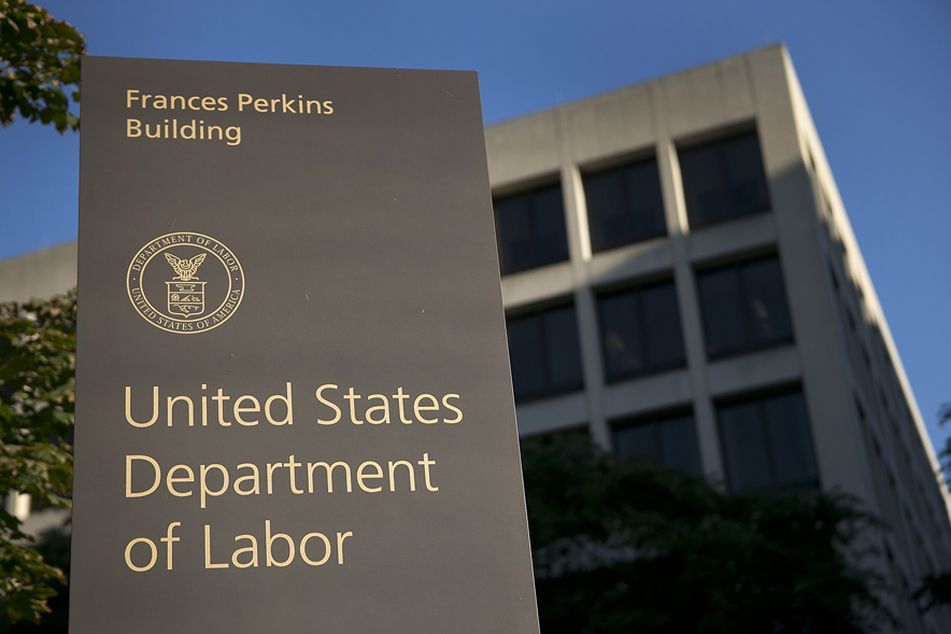DOL delays fiduciary rule enforcement until February

The Labor Department is giving the financial industry the additional breathing room it had sought to prepare for the new regulation.
The Department of Labor on Monday delayed implementation of an investment advice rule that had been set for December, granting additional breathing room the financial industry had sought to prepare for the new regulation.
The DOL said that it wouldn’t enforce until February a fiduciary rule for retirement accounts that was approved last year by the Trump administration and that went into effect last February.
The regulation would impose a fiduciary duty on most rollovers from 401(k) plans to individual retirement accounts. It would require advisers to document and explain the benefits, costs and conflicts of interest related to the recommendations.
In a field assistance bulletin released Monday, the DOL said it would extend from Dec. 20 until Jan. 31, 2022, a temporary enforcement policy that allows retirement account fiduciaries to receive prohibited transactions — such as commissions or revenue-sharing — as long as they follow impartial conduct standards, which include acting in a client’s best interest, charging a reasonable fee and not making misleading statements.
Most of the fiduciary rule will be implemented on Feb. 1. But the DOL will not enforce the documentation and disclosure requirements for rollovers through June 30.
The financial industry had pushed for an extension of the temporary enforcement policy while it prepared to comply with the rule.
The DOL acknowledged that the industry needed additional time to distribute disclosures to clients and automate the rollover documentation and disclosure requirements.
“The class exemption provides meaningful protections for individual investors and we continue to emphasize the importance of compliance,” Ali Khawar, acting assistant secretary of Labor for employee benefits security, said in a statement. “Based on concerns raised, we’ve concluded that providing additional transition relief for financial institutions that are working in good faith to build systems to comply with the exemption conditions is appropriate.”
One of the biggest challenges facing the industry is the rule’s requirement to document fee comparisons between 401(k) plans and IRAs when recommending rollovers, said Brian Graff, chief executive of the American Retirement Association.
“We’re pleased with the extension and appreciate the department’s recognition that there were real challenges to complying by Dec. 20,” Graff said.
Smaller registered investment advisers may be among the biggest beneficiaries of the implementation delay. The additional rollover documentation likely will be a heavy lift for them, experts have said.
The temporary enforcement policy went into place when the Obama administration’s DOL fiduciary rule was vacated by a federal appeals court in 2018. It remained in place when the Trump administration rewrote the fiduciary rule and continued when the Biden administration allowed the Trump rule to go into effect.
The DOL rule is meant to align with the Securities and Exchange Commission’s Regulation Best Interest, the broker standard of conduct.
“To do a rollover, everyone needs a prohibited transaction exemption, which has requirements like Reg BI, but it’s not exactly the same,” Brad Campbell, a partner at Faegre Drinker & Biddle and a former DOL assistant secretary, said at the Oct. 7 InvestmentNews RIA Summit. “Even the largest firms, which are spending lots of money to meet the [December] deadline, are scrambling. And smaller RIAs may not realize what they have to get done by then.”
When the Trump fiduciary rule goes into force, the Biden DOL will not be done with retirement savings advice policy. In December, the agency is expected to promulgate a proposed rule to expand the definition of fiduciary related to retirement accounts.
Learn more about reprints and licensing for this article.








